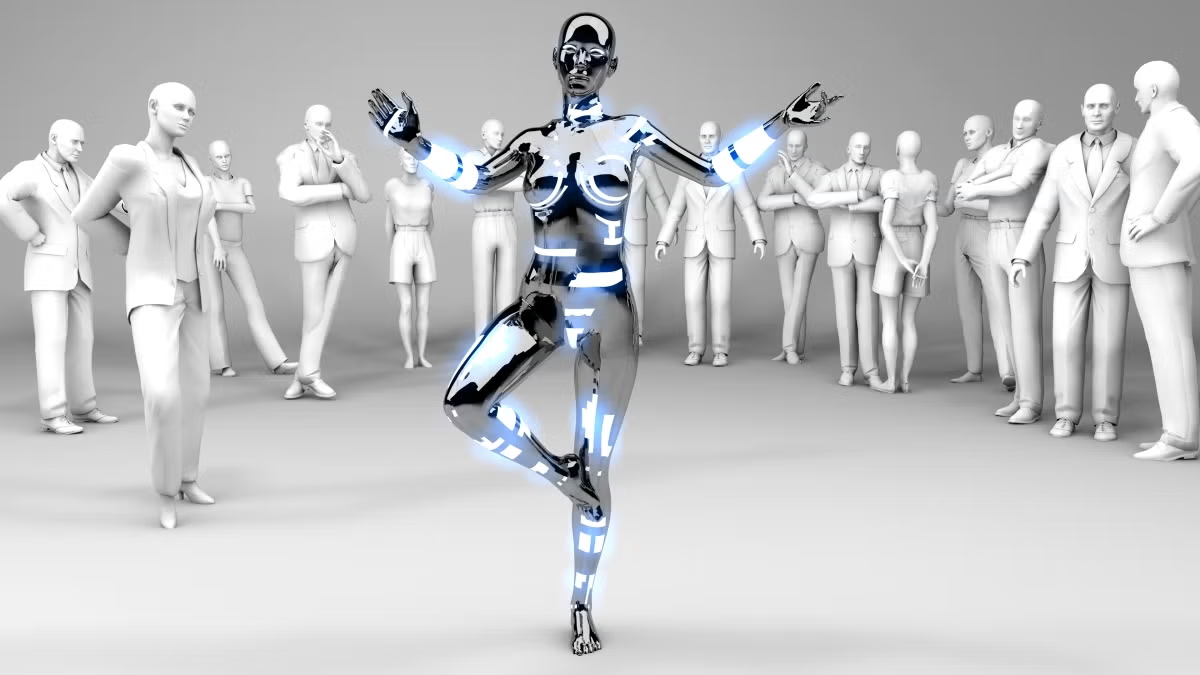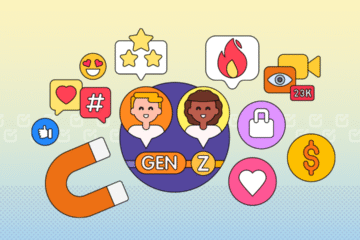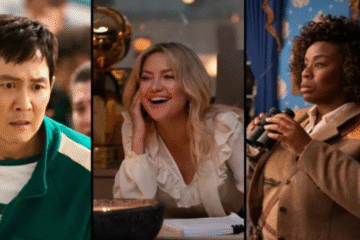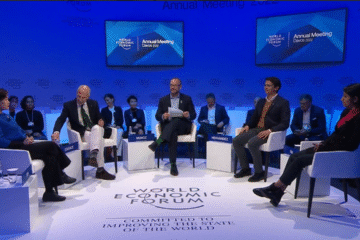In 2025, artificial intelligence is no longer a futuristic buzzword—it’s a daily headline. From music production to screenwriting, AI has begun reshaping the creative landscape. But nowhere is the impact more controversial than in Hollywood, where the line between human and machine performance is starting to blur.
The question at the center of heated debates, strikes, and studio backroom meetings is simple yet unsettling: Can AI replace actors? And more importantly—should it?
Let’s dive into Hollywood’s biggest tech controversy of the year, exploring how AI is changing the art of performance, what it means for the future of actors, and why the industry is facing an identity crisis like never before.
A Glimpse into the Future (That’s Already Here)
Not long ago, the idea of an AI-generated actor sounded like science fiction. But with recent advancements in deepfake technology, motion capture, and voice synthesis, studios can now create digital humans that are almost indistinguishable from real ones.
Some of these developments include:
- AI clones of real actors that can deliver dialogue, expressions, and movements.
- Voice models trained on an actor’s previous work to recreate new lines without re-recording.
- Entire synthetic characters designed from scratch and inserted into films or games using real-time rendering engines.
In 2025, we’ve seen AI-generated versions of classic stars reappear in modern blockbusters. Deceased actors are “resurrected” to finish roles they never completed. Entire side characters are being created digitally—without needing an actor to step on set. The tech is not coming. It’s already arrived.
Why Studios Are Pushing AI So Hard
Let’s be honest—this isn’t just about innovation. For studios, AI represents a tempting business model:
- Lower costs: No need to pay for reshoots, travel, or per diems.
- Fewer delays: AI doesn’t get sick, go on strike, or need sleep.
- Total control: Directors and producers can tweak performances endlessly in post-production.
- Intellectual property ownership: A digital actor doesn’t negotiate royalties.
In an industry where delays cost millions, and actor contracts are getting more complex, the idea of creating perfect, compliant digital performers is understandably attractive to the top brass.
But there’s a catch. Actually, several.
What Actors Are Saying—And Why They’re Worried
When SAG-AFTRA (the actors’ union) went on strike in 2023 and again in 2024, one of the most contentious issues wasn’t just pay—it was the right to their own likeness.
Actors are deeply concerned about being digitally cloned without consent, or having performances manipulated in ways they never agreed to. Several big names have already taken public stances, including:
- Keanu Reeves, who spoke out against the use of AI to edit emotions into his face in post-production.
- Tom Hanks, whose voice and face were used without approval in a commercial that looked shockingly real.
- Scarlett Johansson, who had to issue legal threats after a deepfake version of her appeared in an AI app ad.
The core issue is about consent and identity. Actors build their careers on being able to control how they appear to the public. If AI can replicate them endlessly, what rights do they really have?
The Technology Isn’t Perfect (Yet)
AI-generated performances may look stunning in short clips or with heavy editing, but they’re still not capable of delivering the full emotional complexity that human actors bring to the screen.
While a computer can mimic a tear or a scream, it can’t understand grief, channel lived experience, or improvise in the moment. Even the most advanced models can’t deliver what a human actor can in one raw, unscripted take.
Filmmakers know this. That’s why most of the best uses of AI in film today are assistive, not replacive. Think de-aging, digital doubles for stunt scenes, or temporary voice corrections. The performances still rely on real people behind the scenes.
But as the tech improves—and it will—the pressure to use AI as a full substitute will grow.
The Legal and Ethical Minefield
The legal system is already struggling to keep up with this rapidly evolving space. Questions still unanswered in 2025 include:
- Who owns an AI-generated version of an actor?
- Can a studio use a background extra’s face forever if they scanned it once?
- Should voice actors be protected from AI that copies their sound?
Some contracts now include clauses preventing studios from creating digital replicas without permission, but enforcement is murky, especially for lesser-known actors and extras.
At the heart of the issue is the idea of digital identity as property. If your face, voice, and mannerisms can be copied and sold—who really owns you?
What This Means for the Future of Acting
There’s no denying that AI will continue to play a role in Hollywood. The real question is: will it replace or reshape the art of acting?
Here are some possible futures:
- Hybrid Performances: Human actors provide the soul, while AI assists with visual effects, reshoots, or dubbing. This is the most likely near-term outcome.
- Digital Doubles: Stars license their likeness to studios for digital use—earning passive income while retaining some control.
- AI Originals: Entirely synthetic actors rise to popularity on social media, animated films, or video games, creating a new type of celebrity.
It’s not hard to imagine a world where “AI actors” become their own genre, separate from live action. But even then, the audience will likely always crave something real—an emotion that can’t be manufactured.
The Public Has Mixed Feelings
Audiences are fascinated by AI, but they’re also deeply skeptical. While some are impressed by the novelty of AI performances, others feel uncomfortable watching digital versions of beloved stars who are no longer alive or never approved their appearance.
In a world oversaturated with digital content, viewers are starting to value authenticity more than ever. There’s a growing hunger for real emotion, real flaws, real moments. And that’s something only humans can bring.
Final Thoughts: Can AI Replace Actors?
Technically? In some ways, yes. Practically? Not yet. Emotionally? Probably never.
Hollywood is standing at a major crossroads. The tools are here. The temptation is real. But the soul of film has always been about human connection—the unspoken glance, the imperfect laugh, the vulnerability that can’t be coded.
AI may become part of the process, but as of 2025, it’s still no match for the real thing.
Actors are not just bodies or voices. They are storytellers, creators, and collaborators. And while Hollywood may lean on machines for convenience, the magic that turns a script into something unforgettable still lives in people—not programs.



